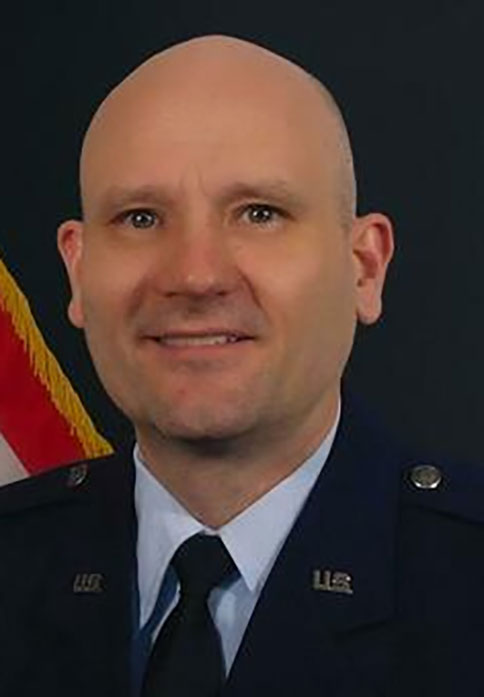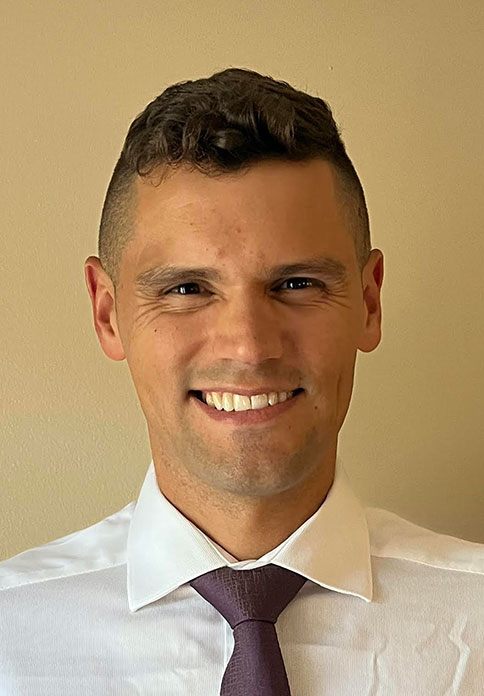Exposure of an Impacted Tooth
Exposure of an Impacted Tooth Post-Operative Instructions
After your impacted tooth exposure procedure, it’s vital to follow these specific aftercare instructions to promote healing and reduce discomfort. Here are detailed guidelines to support your recovery:
Controlling Bleeding: Some bleeding or oozing is expected from the surgical site after the procedure. To control bleeding, gently bite down on clean gauze pads placed over the area for about 30 minutes. Change the gauze pads as needed until bleeding slows. Avoid vigorous rinsing or spitting, as this can dislodge blood clots and prolong bleeding.
Relieving Discomfort: Mild discomfort or soreness is normal once the numbing wears off. Take any prescribed pain medications as directed by your oral surgeon. Over-the-counter pain relievers like ibuprofen or acetaminophen can also help relieve pain and reduce swelling. Avoid aspirin, as it may increase bleeding.
Minimizing Swelling: Swelling and bruising around the surgical site are normal after the procedure. Apply an ice pack or cold compress to the cheeks or jawline for 20 minutes on, then 20 minutes off, to help minimize swelling and discomfort. Keeping your head elevated while resting can further reduce swelling.
Dietary Recommendations: Stick to a soft or liquid diet for the first few days after surgery to avoid irritating the surgical site. Choose nutritious options like soups, smoothies, yogurt, mashed potatoes, and scrambled eggs. Avoid hot, spicy, or hard foods that could cause irritation or discomfort.
Maintaining Oral Cleanliness: Maintain good oral cleanliness to prevent infection and promote healing. Use a soft-bristled toothbrush to gently clean your teeth, avoiding the surgical site. Rinse your mouth with warm salt water (1/2 teaspoon of salt dissolved in a cup of water) several times a day to keep the area clean and aid healing.
Rest and Limiting Activity: Ensure ample rest for the first few days after surgery to aid in the healing process. Avoid strenuous activities, heavy lifting, and bending over, as these can exacerbate swelling and discomfort. Take it easy and allow your body adequate time to recover.
Taking Medications: Adhere to any prescribed medications provided by your oral surgeon, including antibiotics if prescribed. If you experience nausea or vomiting after taking medication, promptly inform your oral surgeon for further guidance.
Attending Follow-up Appointments: Attend your scheduled follow-up appointment with your oral surgeon to monitor your healing progress and ensure proper recovery. Should you encounter persistent bleeding, severe pain, swelling, or other concerning symptoms, promptly contact our office for further examination.
By diligently following these tailored aftercare instructions after your impacted tooth exposure, you can facilitate a smooth and successful recovery. Should you have any queries or require additional guidance throughout your recovery journey, feel free to reach out to our office. We’re here to provide you with the support and assistance you need.
We Accept Medicaid!
Your oral surgery office in Monroe, LA
Address
- 113 Professional Dr, West Monroe, LA 71291
Phone
Working Hours
- Mo - Fri: 9AM-5PM / Sat: by appointment only


